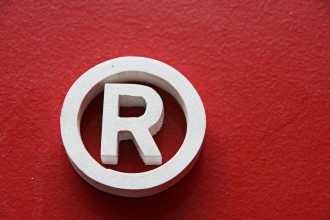
November 6, 2009
Trademark Cancellation Proceeding
In Trademark Cancellation Proceeding: Presumption Of Validity For Section 2(f) Registration Includes Presumption Of Acquired Distinctiveness; Record Automatically Includes Application File
The Cold War Museum, Inc. v. Cold War Air Museum, Inc., No. 2009-1172 (Fed. Cir. Nov. 5, 2009)
Federal Circuit reversed Trademark Trial and Appeal Board’s cancellation of Appellant’s mark holding that: 1) arguments directed to a mark’s descriptiveness are insufficient to rebut the presumption of validity and acquired distinctiveness that attaches to a Section 2(f) registration; and 2) evidence of acquired distinctiveness presented during prosecution is automatically of record in the cancellation proceeding.
Appellant Cold War Museum filed an application to register its mark THE COLD WAR MUSEUM on the basis of acquired distinctiveness under Section 2(f). The application matured into a registration on the Principal Register.
Appellee Air Museum filed a Petition for Cancellation on the basis that the mark was merely descriptive. The Board concluded that the mark was descriptive and shifted the burden to Cold War Museum to show that the mark had acquired sufficient distinctiveness. The Board refused to consider Cold War Museum’s evidence of distinctiveness submitted during prosecution because it was not resubmitted in the cancellation. Concluding that Cold War Museum failed to prove acquired distinctness, the Board granted Air Museum’s Petition.
The Federal Circuit reversed, holding that because a mark registered on the Principal Register is presumed valid it is also presumed to have acquired distinctiveness. Thus, a party seeking cancellation of a Section 2(f) registration must prove, by a preponderance of the evidence, that the mark has not acquired distinctiveness. Because Air Museum only addressed the issue of descriptiveness, it failed to rebut the registration’s presumption of validity. The Federal Circuit also held that the Board erred in refusing to consider Cold War Museum’s evidence of acquired distinctiveness submitted during prosecution because such evidence is automatically part of the record in a cancellation proceeding under 37 C.F.R. § 2.122(b).


































